Tanzanian President Suluhu Warns Kenyan Activists Against Meddling in National Affairs
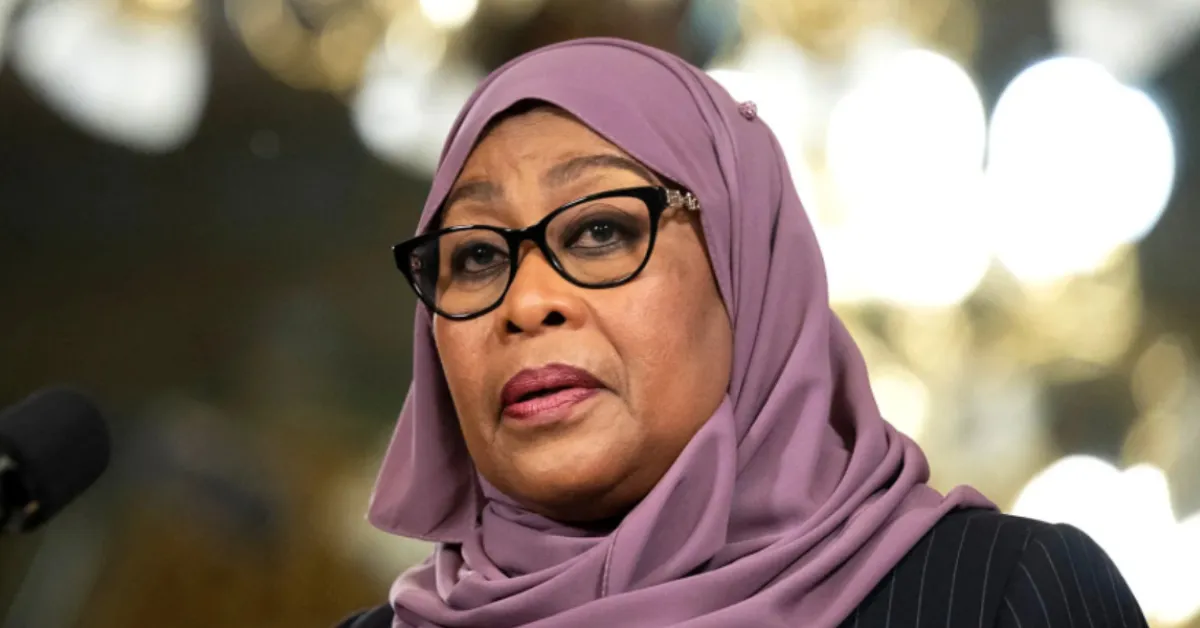
Tanzanian President Samia Suluhu has cautioned foreign activists against meddling in the nation's domestic affairs, a warning issued amid escalating tensions surrounding the treason trial of opposition leader Tundu Lissu.
The Tanzanian government's stance follows the detention and deportation of several Kenyan activists who arrived in Dar es Salaam to monitor the proceedings.
The controversy began when a Kenyan delegation, which included former Chief Justice Willy Mutunga, Vocal Africa’s Executive Director Hussein Khalid, and activist Hanifa Adan, was detained upon arrival at Julius Nyerere International Airport. After a 12-hour detainment, Tanzanian authorities deported the group back to Nairobi without providing a detailed explanation for their actions. In response, President Suluhu has delivered a firm statement, emphasising the importance of maintaining Tanzania's stability and sovereignty.
"We must not allow anyone to come and destabilise our country," she declared. "Tanzania remains a nation of peace, and we shall protect it at all costs. No one, whether from within or beyond our borders, will be permitted to undermine our stability."
The President has also urged state agencies to remain vigilant against external elements seeking to "spread bad manners" within Tanzania. The Kenyan activists, upon their return to Nairobi, condemned the Tanzanian government’s actions. Dr. Mutunga criticises the lack of transparency surrounding their detention, stating, "The refusal to disclose the reason for our detention is unlawful. Officials simply stated that there were 'challenges' and that they were awaiting instructions. This is unacceptable."
He also expresses concerns about a growing trend of authoritarianism in East Africa, citing unexplained detentions, abductions, and suppression of civil liberties.
Dr. Mutunga argues that allowing international observers to monitor Lissu's trial would have enhanced confidence in the judicial process, rather than undermining Tanzania's sovereignty. He indicates that the activists are considering legal action against the Tanzanian government for violating fundamental rights.
"We will seek legal counsel and consider suing the Tanzanian government," he said. "Holding individuals without justification, especially within the East African Community framework, is a violation of fundamental rights. If we do not challenge these oppressive measures, democracy across the region will suffer."
Further complicating the situation, reports emerged of the detention of another prominent Kenyan activist, Boniface Mwangi. According to Hussein Khalid, Tanzanian authorities forcibly entered Mwangi's hotel room and took him to an undisclosed location, reportedly seeking access to his mobile phone to trace his communications with other activists.
"The officials who arrested Mwangi were specifically looking for his phone, likely intending to track those who had been in contact with him and detain them as well," Khalid stated.
The detention of Mwangi has raised significant concerns among human rights defenders, who view it as part of an increasingly harsh crackdown on foreign observers. Activists argue that monitoring political trials is a globally accepted practice that promotes justice and transparency. It's been suggested that Mwangi’s arrest was made under Section 45 of Tanzania’s Immigration Act. This incident follows a similar event involving another Kenyan delegation led by People’s Liberation Party leader Martha Karua, who was also detained and deported upon arrival in Tanzania.
Karua criticised Tanzania's approach, stating, "I suspect that anyone interested in monitoring politically sensitive cases is being denied entry into Tanzania. This pattern of obstruction raises serious concerns about the country’s commitment to transparency and democratic principles."
Adding another layer to the controversy, former Chief Justice David Maraga was granted entry into Tanzania and attended court proceedings, sparking speculation about the selective enforcement of immigration policies. The Tanzanian government has not clarified the rationale behind its differing treatment of observers. Kenya’s Foreign Affairs Principal Secretary, Korir Sing’oei, has voiced concerns over the detentions and deportations, urging Tanzanian authorities to release those detained and uphold principles of free movement within the East African Community.

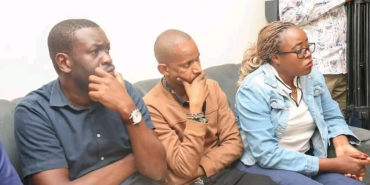

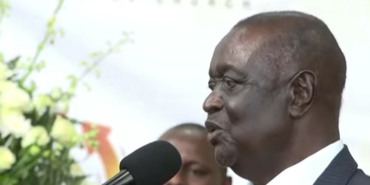


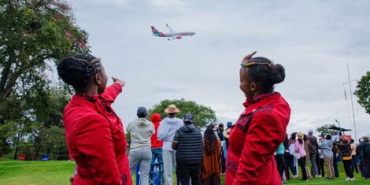
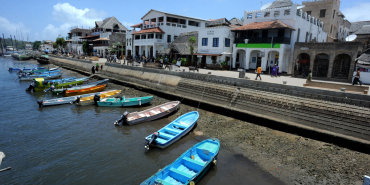
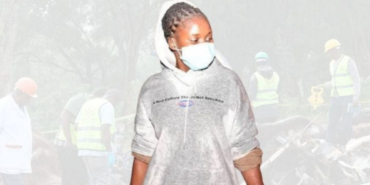


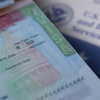


Comments
How come WaNgari & Co.have…
Permalink
How come WaNgari & Co.have not asked muuaji Ruto why he cannibalized Bachelor Maina?Why haven’t they criticized Muuaji Ruto for attacks on Rigathî?Why didn’t the attend Natembea’s case?Suluhu should detain and wimp these Makasia if they set foot in TZ again.
Add new comment